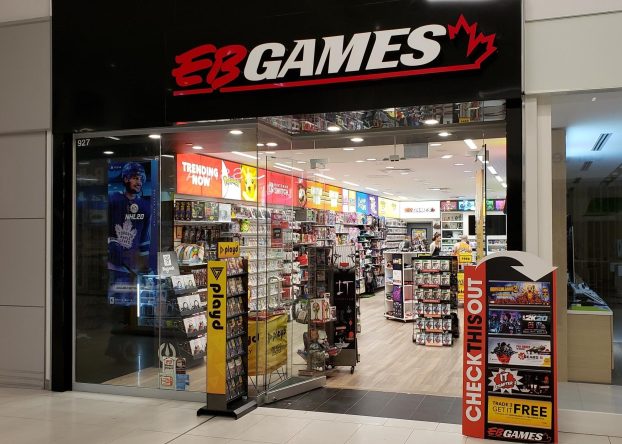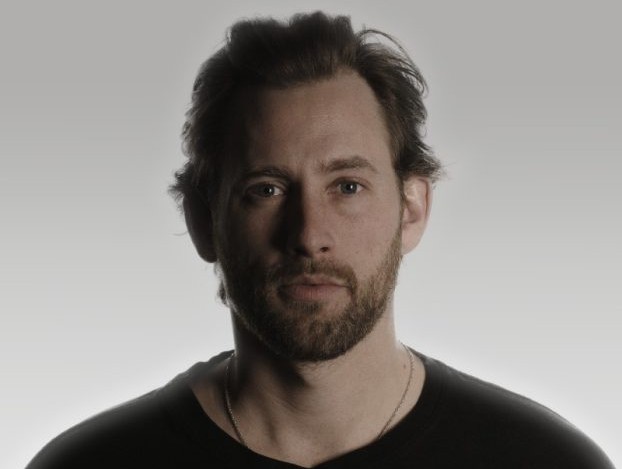Also in this report:
– Sacred cows make the best hamburgerŠand other lessons I’ve learned about radio p.20
– Radio bureau underg’es Renaissance p.20
– Spotlight on radio creative p.24
– Bell Mobility taps Newhart’s appeal: Comedian’s endearing ‘universal victim’ quality lent warmth to high-tech category p.25
Denture specialists in Quebec are using radio to tell people how to take a bigger and better bite out of life.
The Ordre des Denturologistes du Quebec, a provincial association of 953 denture experts, has been advertising since the mid-1980s in an effort to build awareness for the profession.
But it wasn’t until venturing into radio a year ago that they succeeded in making themselves a household word.
Denis Provencher, president of the Ordre des Denturologistes, says print and some television were used for past campaigns, but did not generate the desired results.
‘Denturologistes are not so well known – especially by people who have their own teeth,’ says Provencher, referring to that part of the Quebec population that may one day need dentures. ‘We wanted a campaign to inform them of what we do and who we are.
‘People talk about this campaign. They like it,’ he says, adding that the association didn’t expect to get the results it did. One of the 60-sec. commercials in the campaign was a third-place winner at this year’s Radio Impact Awards.
The campaign targets adults over 35 with full or partial dentures. (Historically in Quebec, dentists would pull teeth because it was less expensive than treatment. So the majority of the population over 50 today have dentures.)
The campaign was created by RadioAd of Montreal, a sister company of Exact Marketing.
As with many of the most effective advertising campaigns in Quebec, humor has been used to communicate the message.
‘In the past, when people advertised this type of product and information, they were very austere and serious about it,’ says Pierre Longpre, president of RadioAd and Exact.
‘We’ve done it in a humorous way, without being burlesque, and we’ve got the attention of people.’
Michel Barrette, a popular French-Canadian stand-up comic and actor, is the Ordre des Denturologistes spokesman for the campaign, which also includes print advertising.
Longpre says that the 40-year-old Barrette is recognized throughout the province. And he’s also well-known as a denture-wearer, thanks to one celebrated past routine in which he removed his plate.
That, Longpre says, helped lend credibility to the spots.
‘People would know we were talking about a real-life situation, since they’d seen his performances.’
In the creative, Barrette talks about the trials and tribulations of denture-wearers, using his aunts, uncles, cousins and friends as examples.
A voice-over announcer then explains to listeners the right way of caring for dentures, and advises them to consult a denture specialist on a yearly basis.
The tag line for the campaign is ‘Pour ajouter du mordant, consultez un denturologiste.’ The translation: ‘If you want to bite into life [or get more from life], consult a denturologist.’
Longpre says the reach and frequency of radio made it the right primary medium for this campaign.
‘If you want to cover every market, radio advertising becomes very effective because of the local presence and the human factor of the medium.’
Radio, he says, allows the association to reach 95% of the province’s population on a weekly basis.
‘We [can], for a reasonable budget, cover the whole province and have reasonable performance, because people [will] hear our spots an average of seven to eight times a week on a placement of 15 to 20 spots a week. It’s a good performance-to-cost ratio.’
The first five months of the campaign used am radio, along with community newspapers and specialty magazines targeted to the 50-plus age group. When community newspapers didn’t perform according to expectations, the print advertising was switched to weekly magazines.
Since the spring, adult contemporary fm radio stations have been used in all the markets in the province, in addition to the top am radio stations in Montreal and Quebec City, both of which have talk-radio formats.
The campaign is airing on a total of 21 stations. In all, the rotation includes 19 executions, 13 of which are 60-sec. spots.
‘Humor is a short-term product when you do advertising,’ says Longpre, ‘so we have to change the creative on a weekly basis.’
As a result of the campaign, denture specialists in Quebec have seen awareness of their profession grow to match that of dentists.
Longpre says dentists in the province have relied on tv advertising, which, due to its high cost, allows them to be on air only for short periods at a time.
‘With radio being such a cost-effective medium, we’re going to be there more than 30 weeks of the year, instead of just a one- or two-month hit.’
Overall, Longpre argues, the quality of radio advertising has been improving steadily over the last few years.
The medium was neglected during the 1980s, used only if there was a portion of the media budget left over after television had been accounted for. Now advertisers are coming back.
‘It’s a sound performer and an effective sales tool,’ Longpre says. ‘People are also coming back because of the reality of budgets and the market.
‘To get good advertising on television today will cost you three to four times what it will cost for the same effectiveness on radio. A lot of corporations are considering that now.’























